The Food Industry Monitor, an observatory curated annually by the University of Gastronomic Sciences of Pollenzo (Unisg), highlighted the inseparable link between innovation and sustainability on the one hand and earnings on the other.
Sustainability friendly to revenues
The analysis has in fact revealed how food companies that adopt sustainable and innovative business models have increased revenues by more than 4.8% in the last few years. On the other hand, the percentage drops to 1% for companies that do not invest in these areas.
And the gap will continue to grow after the pandemic, as consumers will not be content with isolated green initiatives.
Strategic opinions
For companies it will be essential to equip themselves with a real sustainable strategy that innovates both the process and the production chain as well as the the packaging and the product itself.
And the data provided by the survey seems to confirm this commitment on the part of companies. 81% of respondents have already started sustainability strategies, 78% offer one or more sustainable products, 54% have intervened on the packaging and 44% on the choice of suppliers in a green key.
Furthermore, despite the increase in costs caused by these strategies, 74% believe that transparent communication regarding the sustainability of their company is essential to increase sales.
Company size considerations
The impact of this line is more evident for the medium to large companies. However, for small companies it is possible to bet on innovation and sustainability to conquer a convincing niche market. According to Professor Carmine Grazia, however, the limit of minor realities is represented by the impossibility of creating critical mass.
A solution, in this sense, can be given by the acceleration of the acquisition and merger processes between companies. They will favor not only access to financial resources adequate for growth, but also the contribution of specialized managerial skills.
Growth prospects
2021 and 2022 will represent the years of recovery for food and beverage, after the 1% decline in 2020, mainly caused by the contraction of the horeca sector.
In fact, in the two-year period a growth of just under 6% per year, marking a rate higher than the growth of the Italian GDP (4.5 / 5%).
Exploit of sustainable agrifood startups
And the Food Sustainability Observatory of the School of Management of the Politecnico di Milano announces the twelfth position of Italy worldwide for the number of startup sustainable agrifood in 2020. A dizzying increase for the country that rises to 22 sustainable startups from 7 in 2019 and raises $ 23 million in investments.
The decisive factor, today and in the future, will be the communicative packaging and short supply chain, to improve the conditions of small producers and make the supply chain more transparent.
Source: Il Sole 24 Ore


